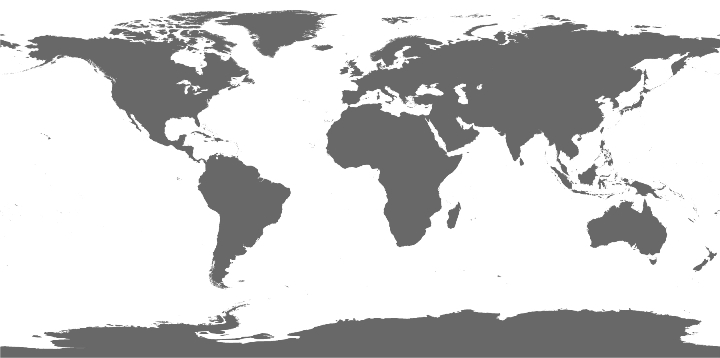Dataset 727
CERN A plant community dataset of marsh ecosystem for Sanjiang Plain, China 2013 - 2015
Realm: Freshwater
Climate: Temperate
Biome: Flooded grasslands and savannas Central latitude: 47.586110
Central longitude: 133.500800
Duration: 3 years, from 2013 to 2015
Climate: Temperate
Biome: Flooded grasslands and savannas Central latitude: 47.586110
Central longitude: 133.500800
Duration: 3 years, from 2013 to 2015
92 records
29 distinct species
Across the time series Lysimachia thyrsiflora is the most frequently occurring speciesMethods
The aboveground biomass of the vegetation community is calculated based on survey data from species-specific plots. The belowground biomass of the root system in the community is measured using the soil pit method. The soil pit size was 0.01 m2 in 2005 and 0.04 m2 in 2015. The original data were observed with the following frequencies: aboveground biomass, once per year (during the peak biomass period); belowground biomass, once every 10 years. The data product frequency is once per year, using the measured data from the peak biomass period. The data processing method involves calculating the average values of multiple plots to generate data products at the plot level, based on quality control data. However, please note that the original records for the 2008 seasonal waterlogged area in the supplementary observation field, which contains data on community biomass, are missing and cannot be provided.Citation(s)



.
In (Eds.),
(p. ).
:
.
,
(),
.



